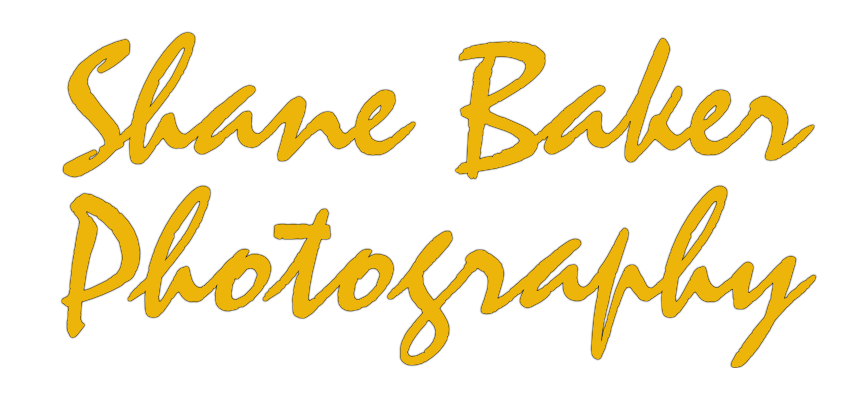In cameras, there may be arising a third option
Occasionally, you write something in good faith, only to end up with egg all over your face. This blog, written 10 January 2020 is one such piece. However, I’m including it (and no doubt other similar posts) for completeness.
This is a short and highly speculative blog post. With the single exception of comments about the new Nikon D780, it's all guesswork - and I may be completely off the mark.
Recently, I've been in contact with two friends asking what they plan to do when their current gear needs replacing. We comprise two users of the Nikon D850 and a Canon 5D mark IV owner. To summarise: all three of us have no immediate plans to upgrade/change and are each taking a wait and see approach to technology/format changes. We all expect to go mirrorless one day, but none of us sees this transition as urgent.
However, this week Nikon has released a camera which may be a pointer to another option for those not committed to mirrorless: the D780. On the face of it, the 780 is simply a replacement for the D750; one of Nikon's older DSLRs. However, Nikon's gone in a slightly direction, with the D780 combining parts from the D750, D5, D850 and Z6 bins. Essentially, the D780 behaves like a good, enthusiast's DSLR, but when you go into live view mode and start operating the camera from the monitor on the camera's back rather than the optical viewfinder, it starts behaving rather like a Z6 mirrorless. This has led some to describe it as a "hybrid" camera.
This brings to my mind rumours that were running a year or so back that a Nikon DSLR was coming out with a hybrid viewfinder. This hasn't been seen and probably is the result of wishful thinking or a misheard remark, but surely a hybrid viewfinder, combining the advantages of both optical and electronic viewfinders isn't impossible? If it is a real thing, maybe it will appear in the Nikon's soon to be announced flagship, the D6.
Along with my two friends, I'm in no hurry, so we each have the luxury of watching and waiting - but maybe, just maybe, a third category of camera may be appearing for our consideration: the genuine hybrid camera.
It also occurs to me that like many enthusiast photographers, I have a massive investment in Nikon lenses - but so does Nikon. Dropping those lenses would mean dropping a lot of tooling and IP, and potentially Nikon having to sell existing glass at "remained" prices. (BTW, all this applies to Canon as well!) Furthermore, dropping DSLR bodies would leave Nikon with a large user base who would have to buy not only a new body, but new lenses. Now those of us with large investments in a lens system don't have a lot of choice when selecting a new body, but if you're buying a whole new system, you can look at other brands - with Fujifilm and Sony waiting in the wings for the massive Nikon/Canon user base to look around at other offerings. Nikon's F mount and canon's EF mount keep us all more loyal than we might otherwise be and this gives Canon and Nikon an incentive to keep their existing lens mounts in their mirrored cameras going as long as possible. A hybrid system would do that.
I have no doubt that at some time cameras will transition to being all-electronic in much the same way that glass plates gave way to sheet film and eventually, roll film. I may be wrong (I probably am), but it just may not happen as quickly as some "influencers" are predicting!
Shane Baker
shanebakerphotos@iinet.net.au

